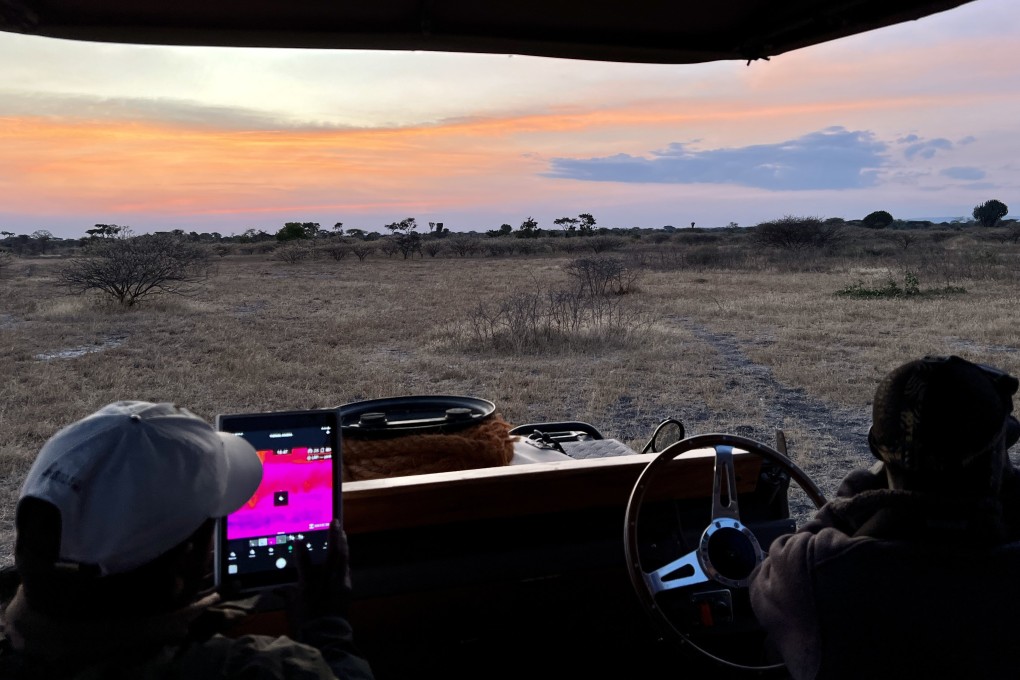A growing travel trend, how ‘citizen science’ African safaris create unique experiences for tourists and support conservation efforts
- Citizen-science safaris see guests take part in a range of conservation activities, from microchipping rhinos to monitoring pangolins to photographing leopards
- African travel was rising in popularity among Chinese tourists but continued travel restrictions mean the future is uncertain for African conservation efforts

“Shh. Look, do you see the eyes shining there?”
I squint and peer through the darkened bushes to where my guide, Anderson Pakomyus Mesilla, has just pointed. My eyes adjust and there it is: a leopard crouching a few metres away.
This is the Usangu Expedition Camp, a new safari experience in a remote part of southern Tanzania’s Ruaha National Park, where guests take part in conservation science.
I’ve come to learn how the pandemic has affected tourism and wildlife conservation in Tanzania and have managed to get up close to a leopard in the process.

Nature conservation in Africa is almost entirely funded by tourism and was put in serious jeopardy by the Covid-19 shutdown.
A study by the African Leadership University (ALU)’s School of Wildlife Conservation found that Tanzania earned US$2.6 billion from 1.5 million visitors in 2019, and tourism employed 623,000 people.